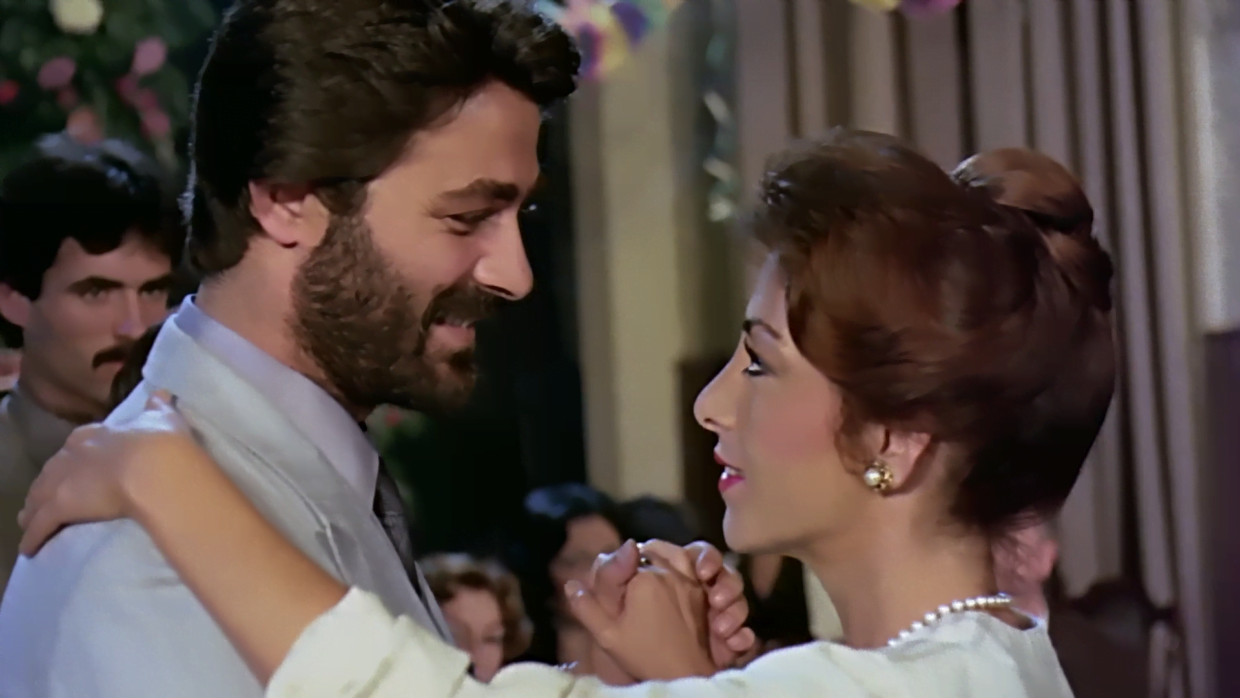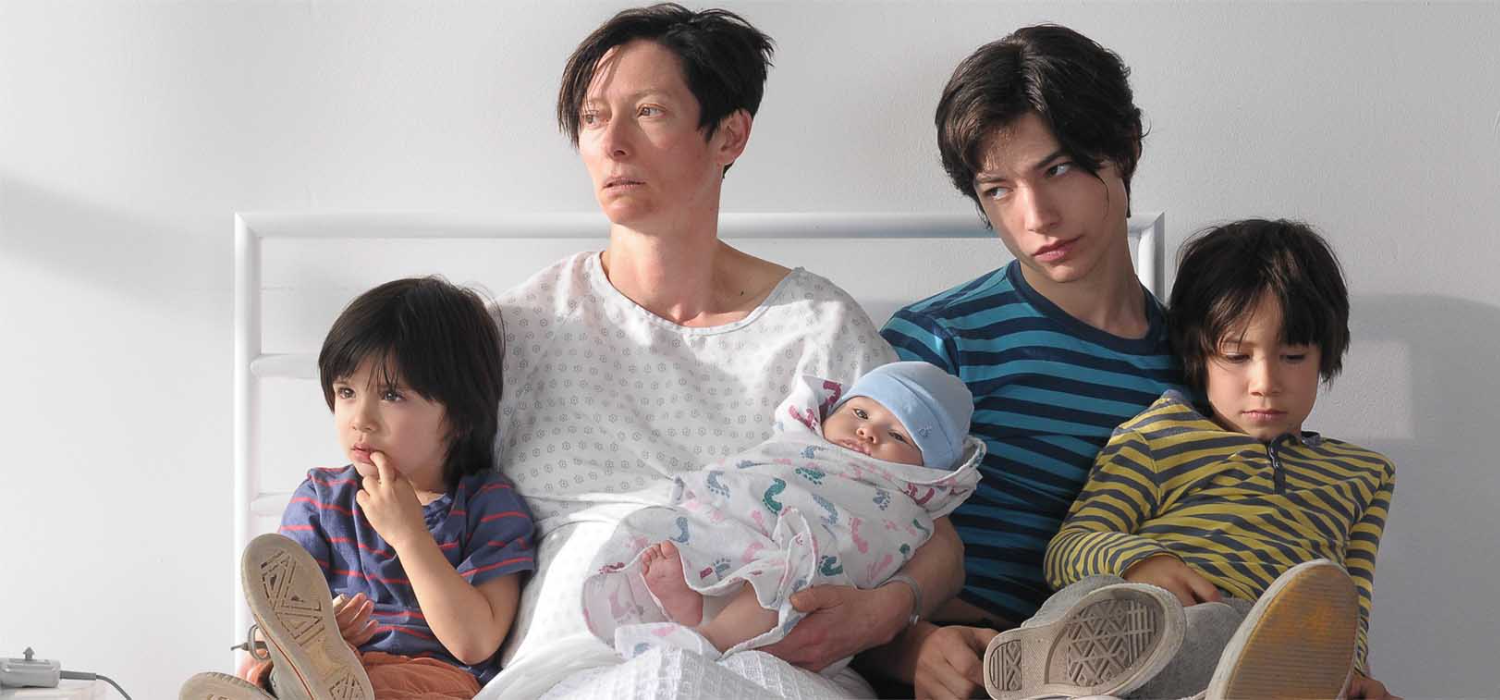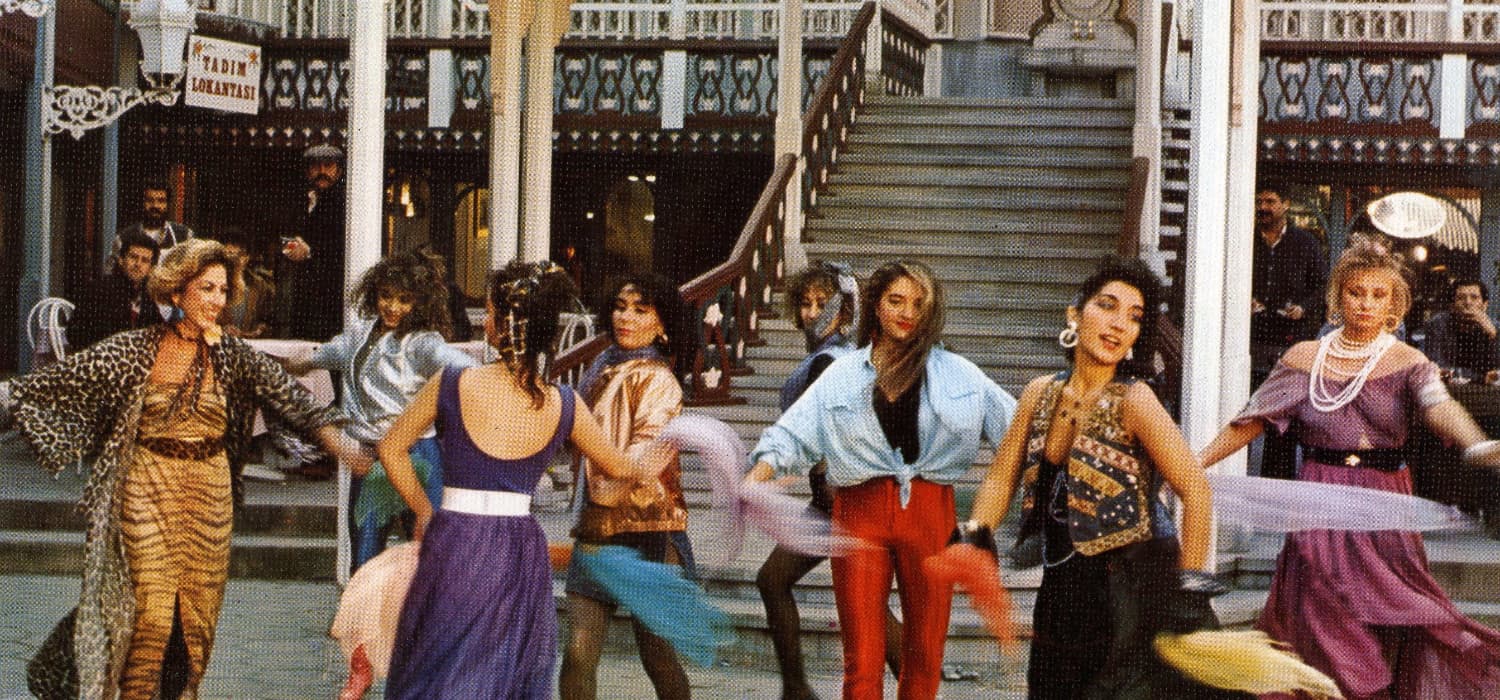
Ömer Kavur fmovies meet with cinema lovers at MUBI with the selection “In the Labyrinth of Time: An Ömer Kavur Retrospective”.
On June 18, we celebrate the 79th birthday of the master director of Turkish cinema, Ömer Kavur. Kavur, who started his cinema journey by adapting Refik Halit Karay’s Yatık Emine with the same name to the big screen in 1974, was one of the directors who had the most relationship with literature in Turkish cinema. Füruzan’s story “Ah Güzel İstanbul”, Yusuf Atılgan’s Anayurt Oteli and Orhan Pamuk’s Secret Ways are the first literary works that Kavur adapted to the cinema. So much so that, Kavur is one of the greatest poets on the silver screen of journeys.

Kavur, who reminded many times of a novelist’s attitude with his introverted style, described his own cinema as follows: “It can be said that I focused more on the themes of loneliness, miscommunication, travel, which means both a physical and an inner journey. I can say that I am trying to draw my view of the concept of time to different points and a different way of perceiving.” So much so that in Kavur’s films, the linear cycle of time is sometimes broken and mixed with the abstract structure of the films. We see in the movie The Journey of the Scorpion that watch maker Kerem goes on a journey to repair a clock tower. In “A Broken Love Story” in this month’s selection of MUBI, the film begins with the final sequence. In Secret Face – in the movie Kavur says, “I can say that a passionate love story is tried to be told in the style of an Eastern fairy tale” – “Only a watchmaker’s face can be so strange and surprising,” says the woman in love. In this film, which tells the story of a quest, we see scenes where clock pendulums swing on the walls.
Kavur films, which tell the stories of people filled with broken loves, journeys, loneliness and lack of communication, as in A Broken Love Story or Hidden Face, will meet with cinema lovers in June and July with the selection “In the Labyrinth of Time: An Ömer Kavur Retrospective”. With five films, including Motherland Hotel and Secret Face, Kavur will go on a journey through time.
Yusuf and Kenan (1979)
Yusuf and Kenan, one of Ömer Kavur’s first period films shot with a social realist language, presents the life of street children in a realistic language while presenting the eve of the 1980 Coup, which was the most depressed period in Turkey’s recent history, in fine detail. The movie, which won the grand prize at the Milan Film Festival in 1980 and achieved one of the few successes of our cinema abroad at that time, will be screened on 7 June.

A Broken Love Story (1981)
One of the most realistic love stories of our cinema history, A Broken Love Story is a classic with masters such as Kadir İnanır, Hümeyra and Kamran Usluer. Written by Selim İleri, the film, which is shown among the love films far from clichés in Yeşilçam, proves its originality with the unmanned shootings in the seaside town.

Motherland Hotel (1987)
Motherland Hotel coincides with the period in Kavur’s filmography, in which he deals with more individual subjects, and elaborates on the psychological dimension of the human being. Focusing on the story of hotel clerk Zebercet and the Anayurt Oteli in a small provincial town, the film is one of the most admired films of our cinema with its dark atmosphere, blurred story line and placement of elements reflecting the Turkey of the 1980s.

Night Journey (1987)
Night Journey, which brought Ömer Kavur the Best Director award at the 25th Antalya Film Festival, reflects the story of Ali, who is looking for a location for his new film, which he is about to start, and then chooses to stay alone in an abandoned town, giving up shooting the film.

Secret Face (1991)
Adapted from the “Love Stories of the Snowy Night” section of Orhan Pamuk’s unforgettable novel The Black Book, which tells about a pavilion photographer, Secret Face is one of the unforgettable films of Turkish cinema with its masterful cast of Zuhal Olcay, Fikret Kuşkan and Rutkay Aziz. “I can say that a passionate love story is tried to be told in the style of an Eastern tale,” explains Ömer Kavur, for the film, which is divided into four parts: “City of Cities”, “City of the Dead”, “City of Strangers” and “City of Hearts”.




